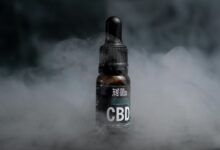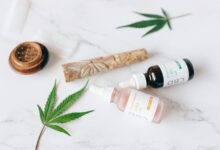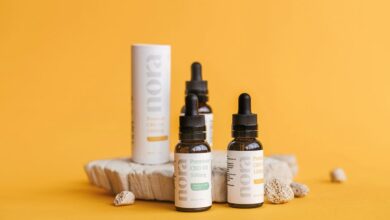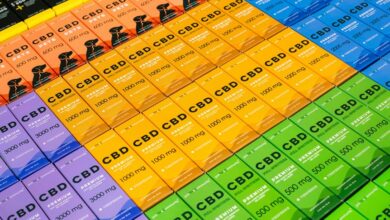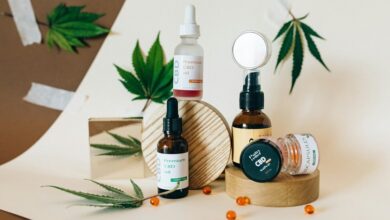Can Cbd Oil Make You Fail a Drug Test
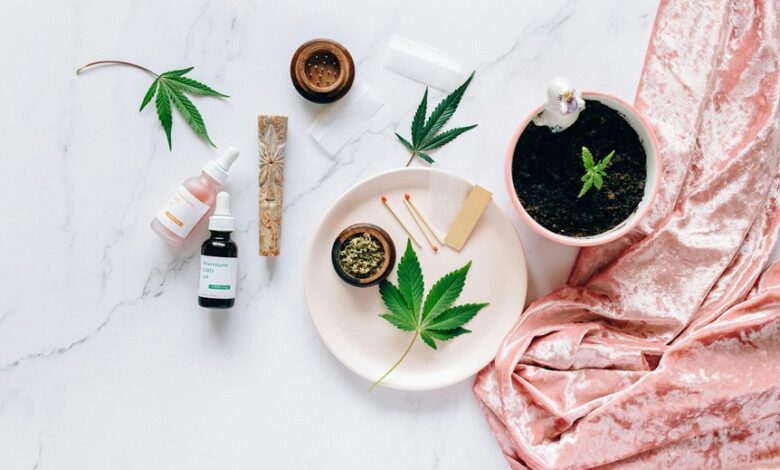
The relationship between CBD oil and drug tests is complex. While CBD itself is not typically screened, many products contain trace amounts of THC. This can lead to unexpected results in standard drug screenings. Users often overlook the differences between product types, which can significantly impact outcomes. Understanding these nuances is essential for anyone considering CBD. What factors should one consider to minimize the risk of a positive test?
Understanding CBD and THC: Key Differences
Cannabidiol (CBD) and tetrahydrocannabinol (THC) are two prominent compounds found in the cannabis plant, each with distinct properties and effects.
CBD benefits include potential relief from anxiety and inflammation without psychoactive effects.
In contrast, THC effects are characterized by its ability to induce euphoria and alter perception.
Understanding these differences is essential for those seeking to harness the therapeutic potential of cannabis.
How CBD Oil Is Made and Its Contents
To create CBD oil, manufacturers typically extract the compound from hemp or cannabis plants using various methods, with the CO2 extraction process being one of the most popular due to its efficiency and ability to preserve cannabinoid integrity.
Different extraction methods can yield distinct cannabinoid profiles, influencing the oil's therapeutic properties and overall quality, catering to diverse consumer preferences and needs.
The Impact of Full-Spectrum vs. Broad-Spectrum CBD
The choice between full-spectrum and broad-spectrum CBD can significantly influence the effects of the oil and its interaction with drug tests.
Full-spectrum benefits include the entourage effect, promoting enhanced therapeutic outcomes.
Conversely, broad-spectrum effects eliminate THC, reducing the risk of a positive drug test.
This distinction is crucial for individuals seeking the advantages of CBD while maintaining peace of mind regarding drug screening.
Tips for Avoiding Positive Drug Test Results
While navigating the complexities of CBD use, individuals concerned about drug test outcomes can take proactive steps to minimize their risk of a positive result.
Implementing effective drug test strategies, such as opting for isolate CBD products and monitoring dosage, can significantly reduce exposure to THC.
Additionally, maintaining transparency with employers regarding CBD consumption may help mitigate potential misunderstandings regarding drug testing policies.
Conclusion
In the intricate dance between wellness and compliance, CBD oil can be a double-edged sword. While it offers potential health benefits, the lurking presence of THC in full-spectrum products can cast a shadow over drug test results. To navigate this tightrope, users must tread cautiously—selecting high-quality products and staying informed. By doing so, one can enjoy the soothing embrace of CBD without the unwanted consequences, ensuring that personal health remains in harmony with professional responsibilities.
